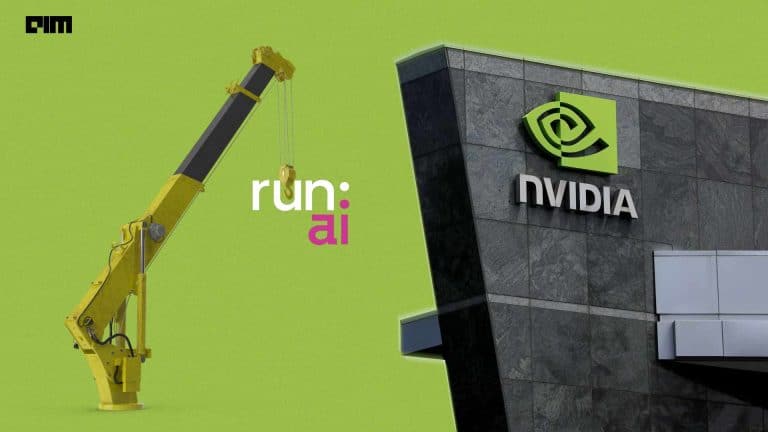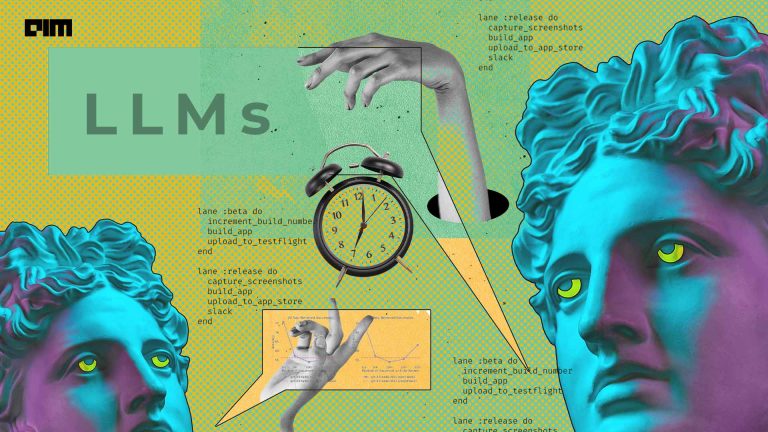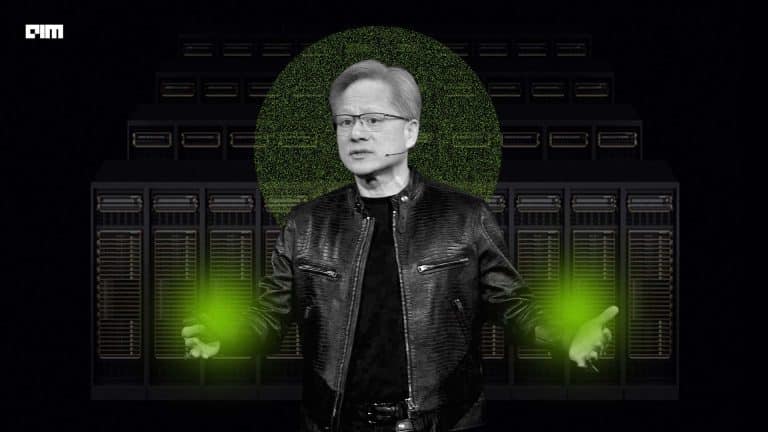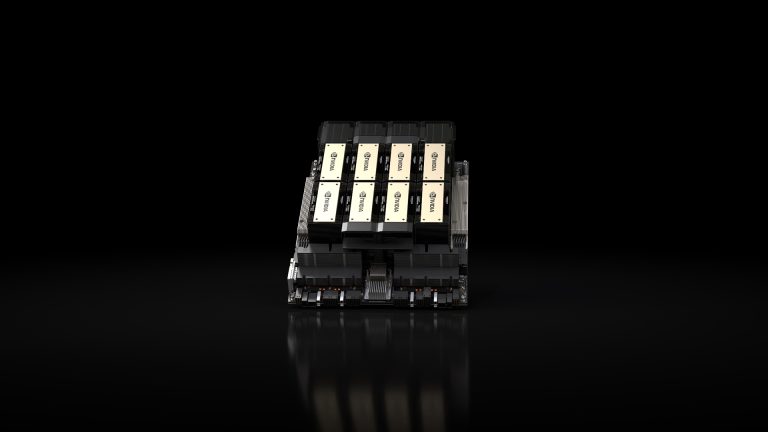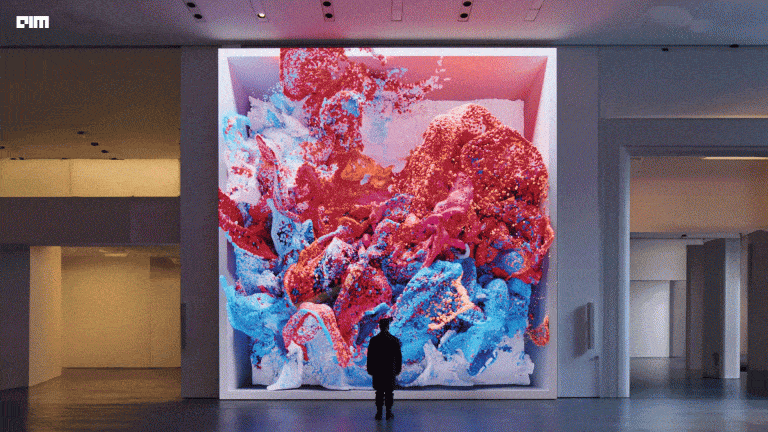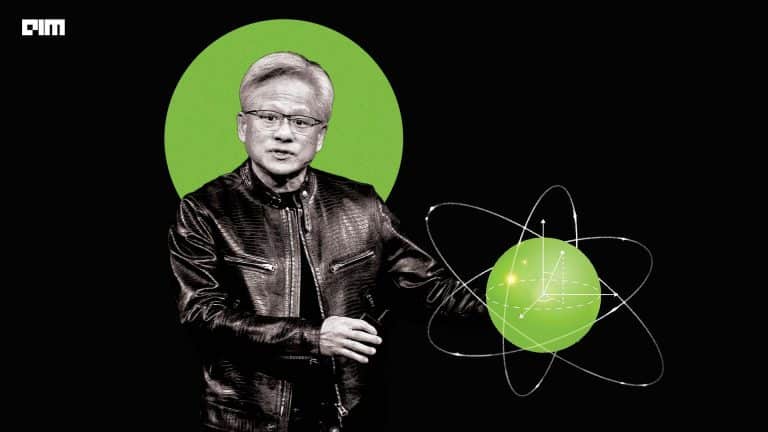Autonomous technology is growing at an incredible rate. Recently researchers at MIT developed a single deep neural network (DNN) to power autonomous vehicles on NVIDIA DRIVE AGX Pegasus. Vehicle manufacturer Volkswagen which is on a mission to manufacture EVs, is now working to bring self-driving technologies to global markets. According to media reports, Chief Executive Herbert Diess believes that the future of cars lies in autonomous driving technology more than electrification.
While autonomous technology might be capable of transforming the future, it comes with its own set of pros and cons. Autonomous vehicles (AV) generally require extensive testing before they can be widely deployed. Apart from general testing, external and internal safety issues like hacking, malfunctioning etc., can occur anytime. Once self-driving cars are fully deployed, malicious hackers might target vehicles to obtain access to the driver’s personal information, or worse, be able to seize control of the vehicle’s steering or acceleration.
Keeping this in mind, a team at the Ohio State Center for Automotive Research (CAR) is developing a Mobility Cyber Range (MCR), a dedicated platform for cybersecurity testing for self-driving vehicles.
With the high-performance, energy-efficient NVIDIA DRIVE platform, @OhioState is taking its AV cybersecurity research to infinity, and beyond: https://t.co/76F6j3IOQa pic.twitter.com/FH8R6kQBkL
— NVIDIA DRIVE (@NVIDIADRIVE) June 11, 2021
Performance through NVIDIA
The “CyberCAR” is a Chrysler Pacifica minivan equipped with the NVIDIA DRIVE AGX Pegasus AI computing platform, enables level four autonomous driving capabilities. The initial focus of the research pilot will be on developing standards and recommendations for best practices in AV safety and cybersecurity. CAR intends to use the vehicle as a continuing research tool, with safety and security at the forefront of all projects.
The technology can be used in connected and autonomous vehicle applications. For instance, CyberCAR was recently featured in a demonstration that used driverless vehicles to transport organs for emergency transplant surgery.
CAR is also training students on AI computing, a technology widely used in the AV industry, by undertaking the development work on NVIDIA.
Qadeer Ahmed, Associate Professor of Research at the Departments of Mechanical and Aerospace Engineering, and Electrical and Computer Engineering, and an Associate Fellow of CAR, said, “We are aiming to generate a workforce that understands these safety and security challenges, as well as one that is familiar with the DRIVE platform and equipped with the right AV skill set for success.”
There is no doubt that futuristic vehicles will be bundled with computational capability more than the most advanced computing systems today. Therefore NVIDIA is working towards providing the most comprehensive solutions for the future of AVs. In 2019, Argus Cyber Security, a global leader in automotive cybersecurity, worked closely with NVIDIA to add cybersecurity defence layers to the NVIDIA DRIVE. It demonstrated its cybersecurity solution on the NVIDIA DRIVE computing platform for autonomous vehicles at CES.
The NVIDIA DRIVE computation solutions will enable self-driving vehicle developers to harness AI processing to handle the vast array of deep neural networks in vehicles. Additionally, it will allow new features to be introduced over the air, with no disruption to the existing functions. A comprehensive software stack for AV developers is also provided on the NVIDIA DRIVE platform– DRIVE OS, DriveWorks middleware, DRIVE AV and DRIVE IX.
According to Qadeer, they needed a full-fledged, autonomous driving onboard computer optimised for AV functionalities for the Mobility Cyber Range. They aimed to use tools that would be highly accepted in the market and enhance student competitiveness.
Future of research
For the CAR research team, cybersecurity testing is just the beginning. Qadeer explained that the team’s goal is to gain as much knowledge as possible from the AV’s construction and then explore the safety and security of various modules such as perception, planning, and actuation.
This work will assist in informing the industry of best practices and standards, ensuring that the wider deployment of autonomous vehicle technology is a success. Additionally, by employing NVIDIA DRIVE technologies, Qadeer’s students can continue innovating in their field long after completing the programme.





